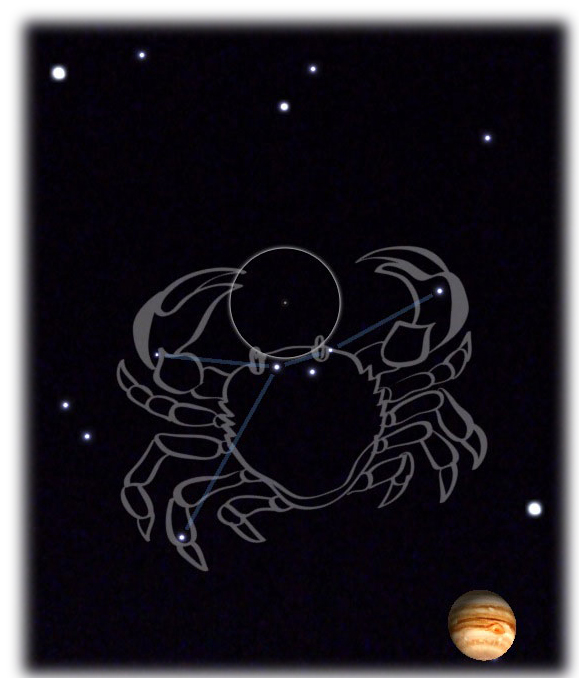
Truly. I’m talking about the star-rating system for books.
I love teaching, and a big part of teaching writing is one-on-one reviews of student writing, plus group critiques in class. A teacher would never, ever tell a student his or her paper was worth three stars (or five, for that matter) and then leave it at that. Teachers use rubrics, they try very hard to be fair with judgment calls, that, by their nature, are somewhat subjective. Teachers know that the call is worthless if it is not backed up with evidence, with comments on the student’s story pointing out where the tense shifts, where the point of view goes awry, where the language seems pedantic or, worse yet, plagiarized, where phrasing is redundant, terms are generic and vague, characters are out of character in a bad way, facts are lies, and so forth.
For in-class critiques, I work hard to make sure no student gets away with an “It’s worth two stars” type of comment. In fact, I adapted Edward de Bono’s Six Thinking Hats to Six Critiquing Hats, so that polarized commentary without substantiation doesn’t creep into the dialogue. If you read my post on this you’ll see that once, when I asked for comments on a student’s essay, a student said the F word, drawn out into six or seven syllables. I couldn’t resist saying back, “Could you be more specific.”
I’m really proud that my students are able to articulate, for the group, why they think a story needs more work, why it’s great as it is, why it does or does not reach its audience, why the piece has fantastic structure and choreography, why its mechanics are sloppy or unprofessional …
Amazon’s star-rating system just sucks, in so many ways, and especially for those of us who have books for sale on Amazon. If students can point out specifics, why can’t the general, book-loving public state clearly what works and what doesn’t work in a story? Yes, it will always be subjective, but for all of us, pointing out reasons why something feels right or wrong is so much more worthwhile than a rating of three stars or five stars, with nothing to back up the judgment. For more on book reviews and rating books with stars, read novelist Abigail Padgett’s post, “A Provocative Book Review”. By the way, if you haven’t read Padgett’s Child of Silence, the Kindle version is currently available, but only for a short time, for 99 cents.
If you think hard about this, you’ll agree that almost all great books have lousy endings, and therefore deserve only two stars if you are only judging endings. If you don’t believe me about great books having bad endings, you must read Joan Acocella, “On Bad Endings”.
OK, so the stars are in place, and as much as they can burn an author, we have to live with them. The only solution I can think of, especially on Goodreads, is to shamelessly give every living, book-selling author that I review five stars. My reasoning: I don’t typically finish a book that isn’t engaging and everybook I finish has some merits. A book might not have been plotted well, but maybe I fell in love with its characters. You see, I’m using de Bono’s Six Thinking Hats and parallel critiquing, rather than Aristotelian black and white logic. And if I truly did not like anything about the book, and I managed to finish it, I wouldn’t take the time to write a review of it.
If you have a better solution, please let me know!